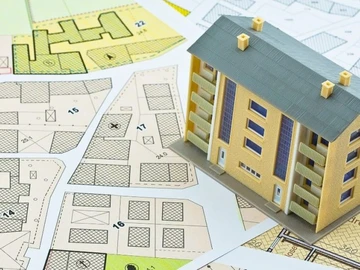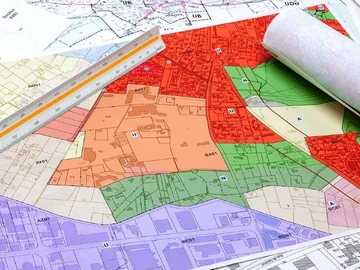Agricultural land is one of Zimbabwe’s most valuable assets, offering long-term returns, food security, and export opportunities. However, owning farmland requires understanding the legal registration process to secure title, avoid disputes, and access financing.
This guide explains the step-by-step process of registering agricultural land in Zimbabwe, including legal requirements, costs, and tips for investors.
Why Register Agricultural Land?
- Secures legal ownership — reduces risk of disputes and fraud.
- Access to finance — banks require proof of ownership to offer loans or mortgages.
- Eligibility for government programs — such as irrigation or agricultural incentives.
- Capital appreciation — registered land can be sold or leased with confidence.
Stat: In 2025, registered agricultural land in Mashonaland East and West has appreciated 15–25% over 5 years, according to the Ministry of Lands.
Step 1: Identify and Verify the Land
- Conduct a title search at the Deeds Registry to confirm ownership.
- Ensure the land is zoned for agricultural purposes.
- Check existing leases, encumbrances, or government restrictions.
Tip: Engage a registered estate agent or conveyancer to verify land authenticity.
Step 2: Apply for Agricultural Land Allocation
Depending on ownership type, allocation may be:
- Private Land Sale – directly from a private owner.
- Government Allotment – via the Ministry of Lands or local district offices.
Required documents often include:
- National ID or Passport
- Proof of residence
- Business plan or proposed land use (especially for large-scale agriculture)
Step 3: Obtain a Survey and Land Mapping
- Land must be surveyed by a licensed surveyor.
- Boundaries are marked, and a cadastral diagram is produced.
- Surveying fees depend on size: US$500–3,000 for small to medium plots.
Example: A 50-hectare plot in Marondera may cost US$1,500 for full survey and mapping.
Step 4: Submit Application to the Deeds Office
Documents for registration include:
- Title deed application form
- Proof of payment of fees
- Surveyed land diagram
- Identification documents
Tip: Ensure all documents are complete to avoid delays, which can take 3–6 months on average.
Step 5: Pay Stamp Duty and Registration Fees
- Stamp duty: 2–4% of the land value (depending on price).
- Registration fees: Often 0.5–1% of property value.
Example: A US$100,000 agricultural plot may attract:
- Stamp duty: US$3,000
- Registration fees: US$1,000
Step 6: Receive Agricultural Land Title
After verification, the Deeds Registry issues a Title Deed.
The land is now legally yours, enabling you to:
- Apply for loans
- Lease or sell the land
- Use it as collateral
Common Challenges in Land Registration
- Incomplete or disputed documents – always verify deeds and prior claims.
- Encumbrances or restrictions – some land is reserved for irrigation or conservation.
- Survey delays – hire licensed surveyors and follow up with the Ministry of Lands.
- High fees – budget for survey, stamp duty, and registration costs.
Real-Life Example
A diaspora investor purchased 100 hectares in Mashonaland West in 2024:
- Surveyed land for US$2,000
- Paid stamp duty of US$4,000 and registration fees of US$1,000
- Received title deed after 4 months, enabling them to secure a bank loan for irrigation and crop development.
This process ensured legal ownership and access to financing, protecting the investment.
Tips for Smooth Agricultural Land Registration
- Always use registered conveyancers.
- Verify land at Deeds Registry and Ministry of Lands.
- Budget for all fees and taxes upfront.
- Keep all documentation for future transactions, leasing, or resale.
- For large-scale farms, submit a detailed business plan to expedite approval.
Conclusion
Registering agricultural land in Zimbabwe is a step-by-step legal process designed to protect both investors and the government.
By following the proper procedures verification, surveying, paying duties, and registration investors can secure land, reduce disputes, and maximize agricultural ROI in 2025.
 Continue with Facebook
Continue with Facebook
 Continue with Email
Continue with Email














